Speaker and Moderator Biographies
Coming Soon
Coming Soon
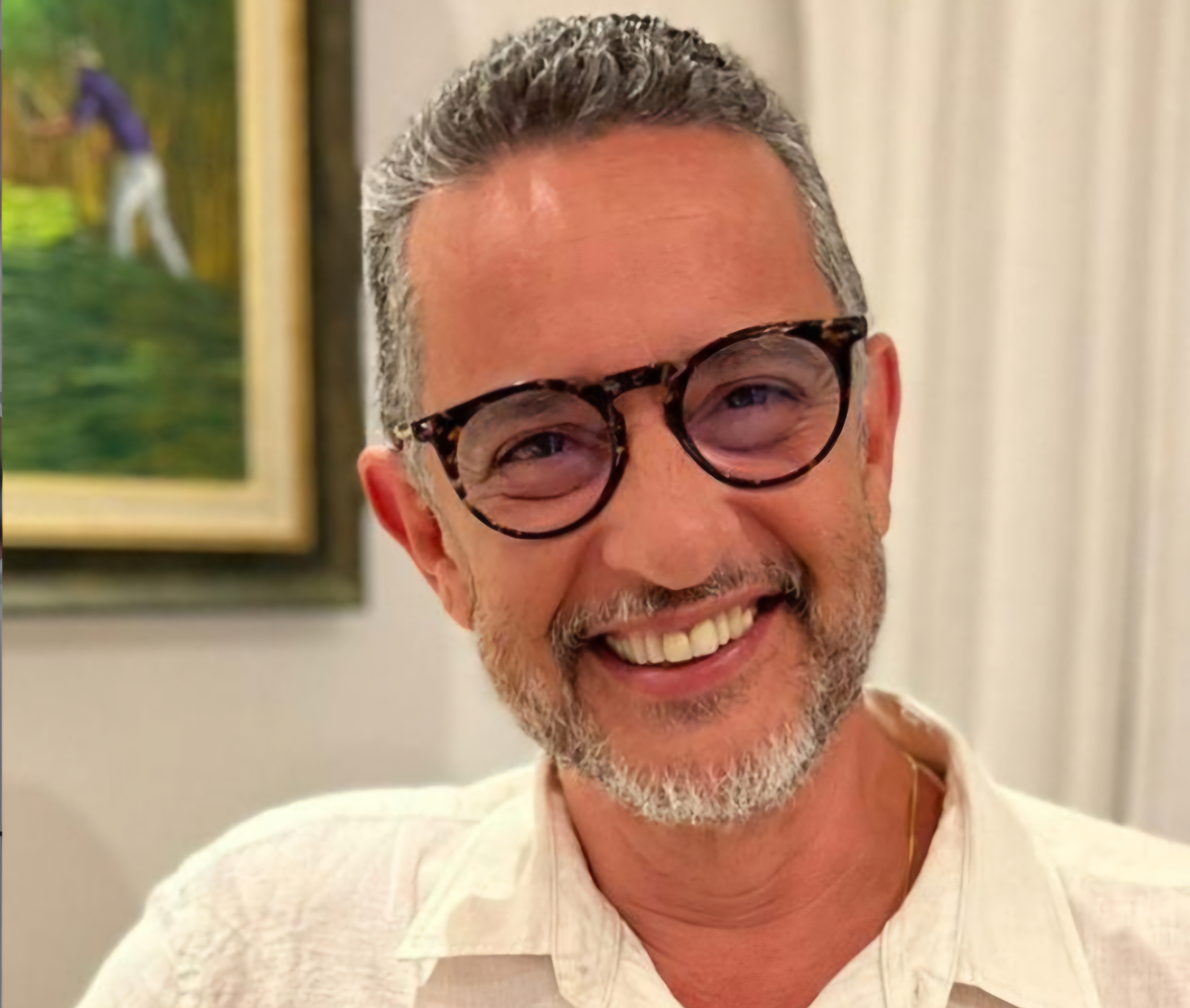
Roberto José Carvalho da Silva has a doctorate and master's degree in Science from the Faculty of Medicine of the University of São Paulo; Postgraduate-Improvement in Management of Health Residency Programs at SUS, holder of the Brazilian Society of Urology, Brazilian Society of STDs and scientific director of the Brazilian Society of STDs - São Paulo region; Urologist and interlocutor of the São Paulo State STI Program at the STD/Aids Reference and Training Center; Research interest: Sexually transmitted infections with a focus on HPV.
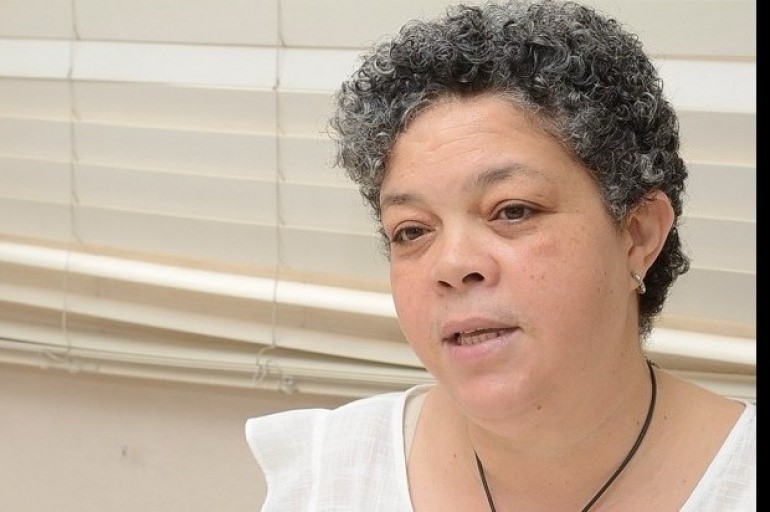
Hoisex Gomez is the Community Education Coordinator at Instituto Dermatologico y Cirugia de Piel (IDCP) Vaccines and Research Unit. She has a background in Information, Education and Communication (IEC) and more than 20 years of experience in developing plans, interventions and tools to support education and behavior change communication actions that facilitate the recruitment and retention of participants in biomedical and behavioral studies. She also has training and experience in managing the (participant) volunteer experience to increase volunteer recruitment, enrollment, and retention processes. Previously, Hoisex worked as a Prevention Advisor and Monitoring and Evaluation Team Member for the Dominican Republic's Center for Disease Control and Prevention (CDC/DR) Office.

Graduate in obstetrics from the National University of San Marcos, study coordinator since 2019.
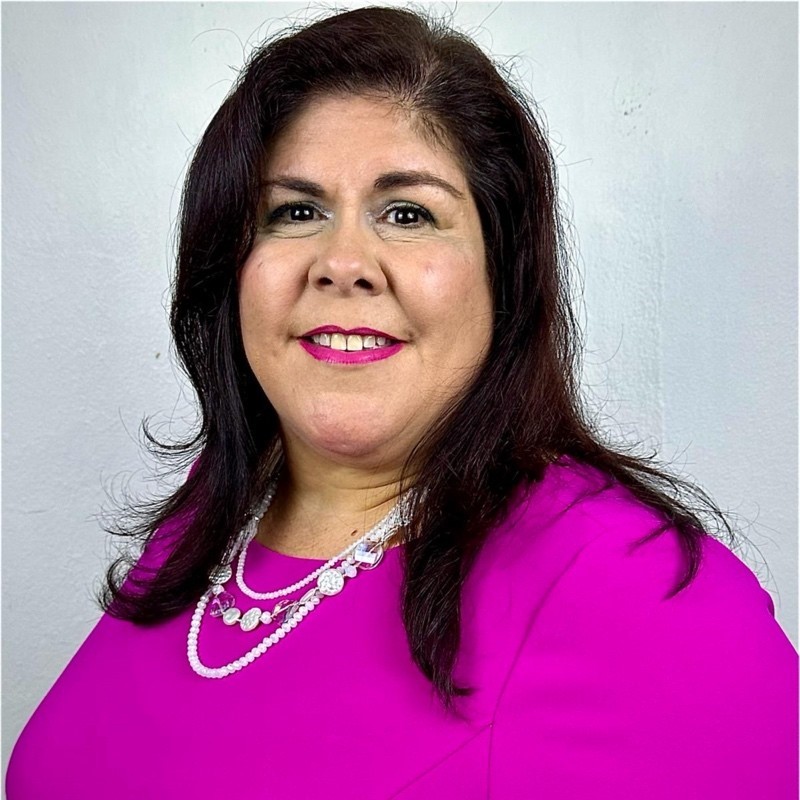
Jessica Hernandez-Marrero is a post-doctoral researcher from the Division of Cancer Control and Population Sciences at the Comprehensive Cancer Center-UPR. Under the mentorship of Dr. Ana P. Ortiz, Dr. Hernandez-Marrero is exploring strategies for HPV detection, cervical and anal cancer prevention in persons living with HIV, anal cancer and HPV awareness in persons living with HIV and climate change intersection with oncology services.
Dr. Hernandez-Marrero completed a PhD in nursing research, where she deepen her interest in hereditary colon cancer syndromes. As lead clinical research coordinator, she worked and collaborated in over 20 research projects in cancer prevention, and have several publications on strategies to maintain clinical trials during unexpected atmospheric events, neurocognitive function and cancer prevention in familial adenomatous poliposis and disparities on colon cancer diagnosis. Her manuscript, Anal cancer risk and HPV infection knowledge and awareness among Hispanic persons living with HIV in Puerto Rico, is under revision for publication.
She is a member of the Puerto Rico Hematology and Oncology Nursing Association, Oncology Nurse Society, International Society of Nurses in Cancer Care, and the Cancer Control Coalition of Puerto Rico. As a research nurse, she recognize the importance innovative strategies for patient services in the clinical setting. Her desire is to share her experiences and knowledge to develop collaborative ties with others health professionals interested in the scientific advances for the benefit oncology patients. Thus, she is also professor at the Nursing School from the University of Puerto Rico, Medical Science Campus for the Certification of Oncology Nurse and deliver conferences.

Maggie House is a Nurse Consultant with over 30 years of oncology nursing and clinical trial experience. She earned her Diploma in Nursing from St. Joseph’s Hospital School of Nursing in 1982 and graduated Cum Laude with a Bachelor of Science in Nursing from Georgetown University in 2000. Maggie provides support to the Prostate and Urologic Cancer Research Group Contracts and Grants Program, and several HIV/HPV and cervical cancer prevention programs including the US-Latin American-Caribbean HIV/HPV-Cancer Prevention Clinical Trials Network (ULACNet), the Cervical Cancer 'Last Mile' Initiative, and the HIV/Cervical Cancer Prevention "CASCADE" Clinical Trials Network. Maggie also leads the DCP 'Unified Network Initiative to Enhance Community Dialogue and Site Education (UNITED)' for both ULACNet and CASCADE. Maggie's clinical trial interests include clinical trial recruitment and retention, and clinical trial process improvements including clinical trial conduct, site monitoring/auditing, and staff education.
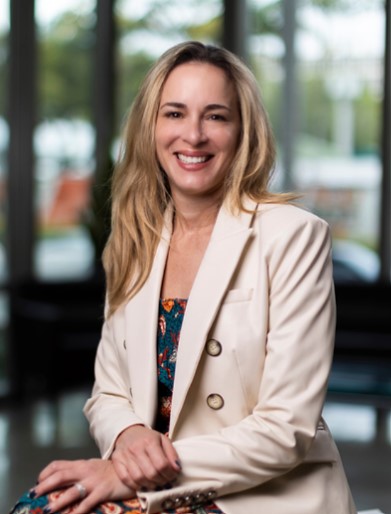
Dr. Erin Kobetz serves in multiple roles at the University of Miami. As the first Chief Health Equity Officer and Vice President for Health Equity, she is responsible for developing novel strategies to reduce persistent health disparities and increase access to quality healthcare for South Florida. As the Associate Director for Community Outreach and Engagement at the Sylvester Comprehensive Cancer Center (Sylvester), she oversees center-wide community outreach and engagement efforts, leading programs that deliver Sylvester’s resources to diverse and underserved communities across South Florida, including the Game Changer mobile clinics, which mitigate barriers by directly bringing cancer screenings, health information, and research opportunities to individuals in the catchment areas. Additionally, Dr. Kobetz is the Multiple Principal Investigator (MPI) and Co-Director of the University of Miami Clinical and Translational Science Institute (CTSI). She has co-led CTSI programs focusing on multidisciplinary team science and community and stakeholder engagement since the CTSI’s first grant cycle. She is also the PI of multiple NIH-funded initiatives that have collectively garnered more than $25 million in extramural funding and serve as the University’s model for stakeholder engagement. Dr. Kobetz is a Tenured Professor in the Departments of Medicine, Public Health Sciences, and Obstetrics and Gynecology at UM’s Miller School of Medicine and a recipient of the John K. and Judy H. Schulte Senior Endowed Chair in Cancer Research.
She earned a master’s in public health from Rollins School of Public Health at Emory University (1999) and joined the University of Miami after completing her Ph.D. at the University of North Carolina at Chapel Hill, Gillings School of Public Health (2004). Soon after, Dr. Kobetz established Patnè en Aksyon (Partners in Action), the University’s first-ever community-academic partnership in Little Haiti, the largest enclave of Haitian settlement outside of Haiti, and remains committed to integrating diverse stakeholders into the translational research continuum. As part of her community-based research program, Dr. Kobetz has partnered with firefighters – characterized by excess cancer risk – and leads the Firefighter Cancer Initiative (FCI), a university-wide interdisciplinary program to address this disparity. Such efforts have been locally, regionally, and nationally recognized and serve as an important approach to developing new community-based models for cancer prevention and achieving sustainable health and social change in underserved communities.
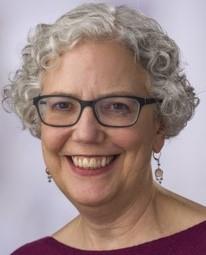
Margaret Madeleine is a Professor of Epidemiology, Fred Hutchinson Cancer Research, and Research Professor, Department of Epidemiology, University of Washington in Seattle, WA, USA. Her studies center immunocompromised and understudied populations at highest risk of HPV cancers locally and globally to advance the science of HPV cancer prevention through interdisciplinary collaboration. She led the development of Colaboración Evita, a partnership center funded by an NCI U54 in 2019, to confront the main challenges to elimination of HPV cancers among persons living with HIV (PLWH) in Latin America and the Caribbean (ULACNet). Dr. Madeleine is also a Protocol Chair for the C-1001 treatment trial Expanded use of Thermal Ablation (EXCEL Cohort) and Prophylactic Use of Two Probes (PRO Cohort) for Cervical Cancer Prevention in Women Living with HIV in the HIV/Cervical Cancer Prevention Cervical Cancer Prevention Clinical Trials Network (CASCADE Network).
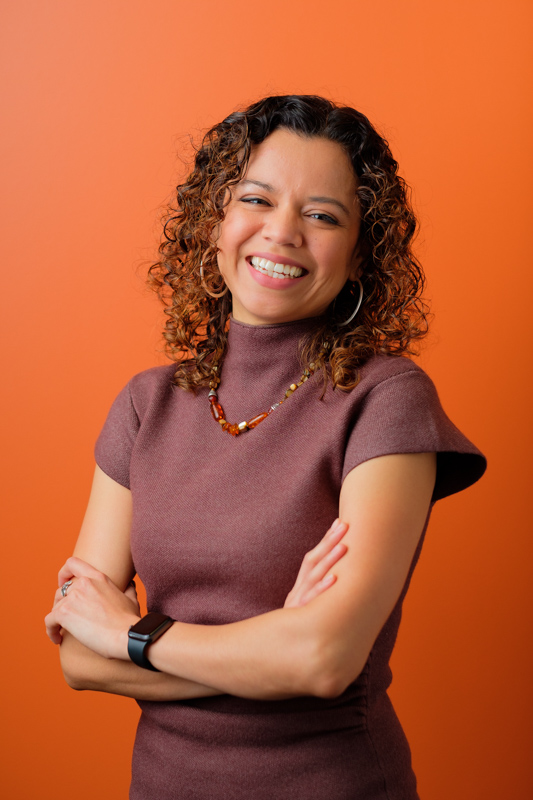
‘Angie’ Mondragón has long focused on bringing together people, systems, and ideas—building collaborative relationships with national, academic, and non-profit organizations and advancing health equity initiatives among English and Spanish speaking populations globally and locally. With over 16 years of experience in research projects, beginning as an intern in an undergraduate research training program at Loma Linda University, School of Medicine to serving as the current project manager for Estudio Oportunidad at a leading national cancer center (Fred Hutch Cancer Center). She is currently working on advancing culturally responsive research practices, building reciprocal research-community partnerships, and fostering interdisciplinary teams to solve complex socioeconomic problems. Angie has also served as a mentor to high school, undergraduate, graduate, and the pre-healthcare workforce at multiple Universities across the Western United States throughout her career. In her free time, she enjoys volunteering, ballroom dancing, reading, and spending time with her friends and family.
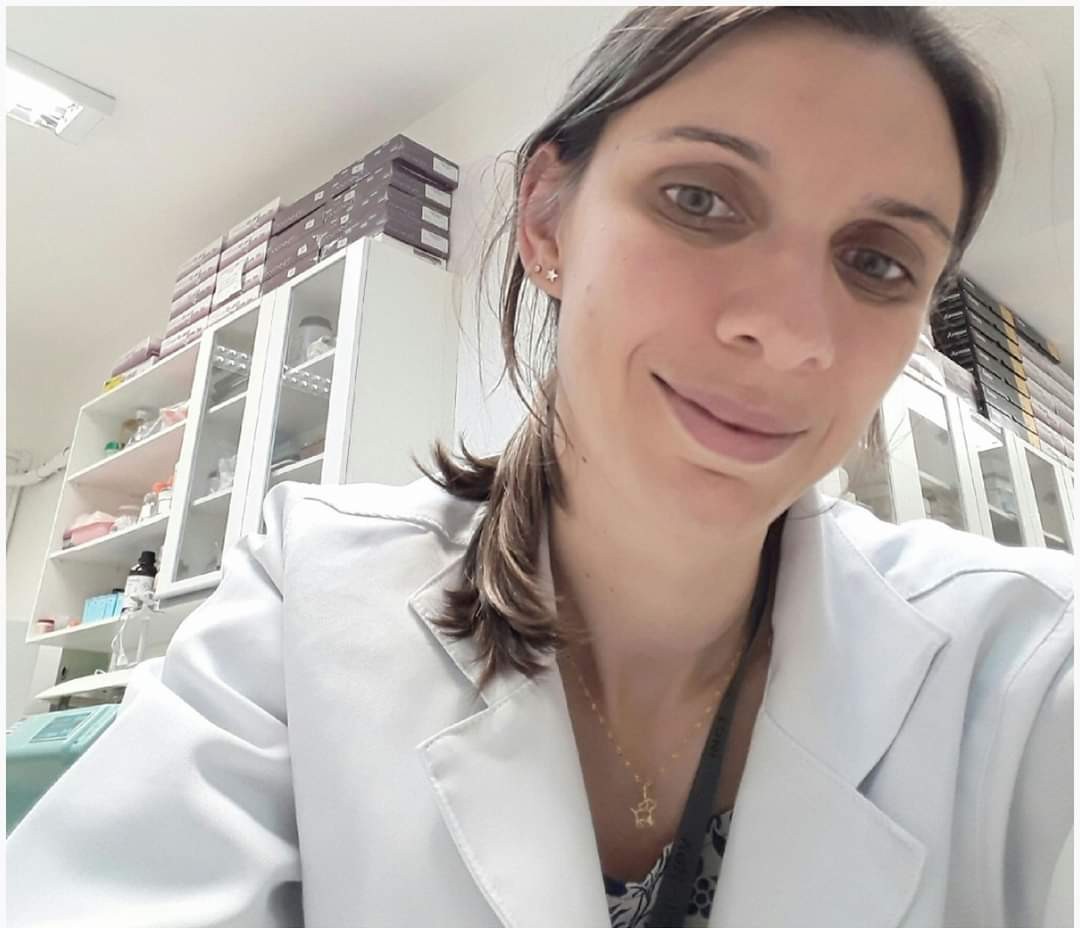
Rafaella A. L. Nunes, Pharmacist, Master in Sciences (Microbiology) and Ph.D. in Sciences (Oncology) from the University of São Paulo. Member of the Innovation in Cancer Laboratory (Center for Translational Research in Oncology, Instituto do Câncer do Estado de São Paulo, São Paulo, Brazil). Since 2013, has participated in the HPV Research Group headed by Prof. Dr. Luisa Villa, developing basic research in HPV-associated tumors, especially innate immune response and tumor biomarkers. Is part of the brazilian team responsible for developing the clinical study "Optimization of Cervical Cancer Screening among Women Living with HIV in Latin American Countries".
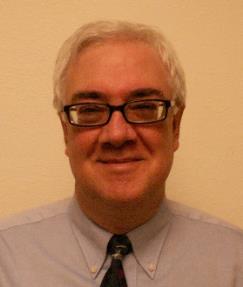
Joel Palefsky is Professor of Medicine and Infectious Diseases at the University of California San Francisco School of Medicine. He is an internationally recognized expert on the molecular biology, treatment, pathogenesis and natural history of anogenital human papillomavirus infections, particularly in the setting of HIV infection. He is the founder and director of the world's first clinic devoted to prevention of anal cancer, the Anal Neoplasia Clinic Research and Education Center at the UCSF Cancer Center. He is the vice-chair of the National Cancer Institute (NCI)-supported AIDS Malignancy Consortium, the contact PI for the ULACNet CAMPO consortium and protocol chair of the Anal Cancer /HSIL Outcomes Research (ANCHOR) Study. He is founder and past president of the International Anal Neoplasia Society and is past president of the International Papillomavirus Society. He is founder and director of the International Papillomavirus Society International HPV Awareness campaign.

Delia Pinto-Santini holds a Doctorate in Molecular and Cellular Biology. She was born in Venezuela and has lived and worked in the United States for the last ~20
years. While pursuing her PhD she focused on the biology of H. pylori, bacterium associated with the development of gastric ulcers and cancer. In the last six years
she has been working at the Fred Hutchinson Cancer Center as part of the HOPE (HIV Outcomes, Prevention and Epidemiology) Duerr group. In addition to coordinating various HOPE clinical research projects in the area of HIV epidemiology and prevention (mainly in MSM and TW in Peru), she currently manages (in collaboration with Dr. Ann Duerr) the ULACNet-301 trial on optimizing HPV vaccination of children living with HIV.

Medical doctor with a master’s and PhD in epidemiology. Her primary research interests include cancer epidemiology and infectious diseases, particularly among high-risk populations such as people living with HIV, men who have sex with men, and transgender women. She is actively involved in clinical projects within the ULACNet network, focusing on the prevention, detection, and treatment of HPV-related cancers in people living with HIV.
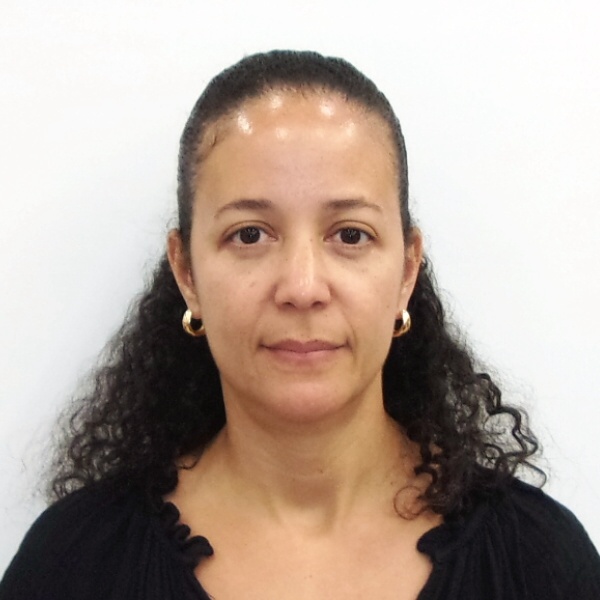
I, Cynthia Riviere was born in Port-au-Prince, Haiti, in 1980. After graduating Magna Cum Laude from the Universidad Iberoamericana (UNIBE) in the Dominican Republic in 2004, I returned to Haiti in 2005 and joined the Haitian Study Group on Kaposi’s Sarcoma and Opportunistic Infections (GHESKIO). Between 2005 and 2011, I obtained a master's in health services research and clinical epidemiology from Cornell University in New-York, USA and a master's in public health from Quisqueya University in Port-au-Prince, Haiti.
From 2006 to 2021, I was deeply involved in research and clinical trials at GHESKIO as AIDS Clinical Trial Group (ACTG) and Clinical Site Research Coordinator. I played a pivotal role in writing, implementing, managing, and evaluating research projects in various areas such as HIV/AIDS, HPV, TB, STIs, adolescent health, women’s health, vector-borne diseases (including Zika, Dengue, and Chikungunya), emerging infectious diseases like COVID-19, and cost-effectiveness analysis. As a member of GHESKIO leadership, I have been involved in grant writing, strategic planning in response to natural disasters and epidemics, and training initiatives.
My main interest has been in Women and adolescent health. In 2008, I initiated the first prospective studies on Human Papillomavirus (HPV) infection and cervical cancer in HIV-infected and HIV-uninfected women at GHESKIO, leading to the creation of the first cervical cancer care unit at GHESKIO. Between 2010 and 2013, I led a project on the feasibility of implementing the HPV vaccine in Haiti, which paved the way for its introduction in the country. In December 2014, I received the GABRIEL network’s young investigator award for my work on HPV in HIV-infected women. From 2016 to 2017, I led the first pilot vaccination campaign against HPV in an urban setting in Haiti.
With the current socio-economic and socio-political crisis in Haiti, I am dedicated to improving the lives of vulnerable populations through efficient health care models of intervention and social appeasement projects focusing on women and children.
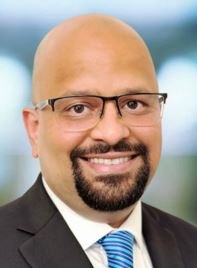
Dr. Vikrant Sahasrabuddhe serves as Deputy Chief of the Breast and Gynecologic Cancer Research Group and Program Director in the Division of Cancer Prevention (DCP) at the National Cancer Institute (NCI) where he provides scientific direction and strategic guidance for clinic- and population-based precision prevention research efforts for HPV-related cancers. Dr. Sahasrabuddhe directs ULACNet, NCI DCP's clinical trials network focused on collaborative research on innovations in optimization of HPV immunoprevention, screening and triage, and precancer treatment in persons living with HIV. Dr. Sahasrabuddhe received his medical degree from University of Pune in India, his master's and doctorate in public health from the University of Alabama at Birmingham, and fellowship training in epidemiology at Johns Hopkins and at the NCI. He has published widely across a broad spectrum of clinical, epidemiologic, and implementation research areas on infection-associated cancers with high or rising incidence and mortality burden.
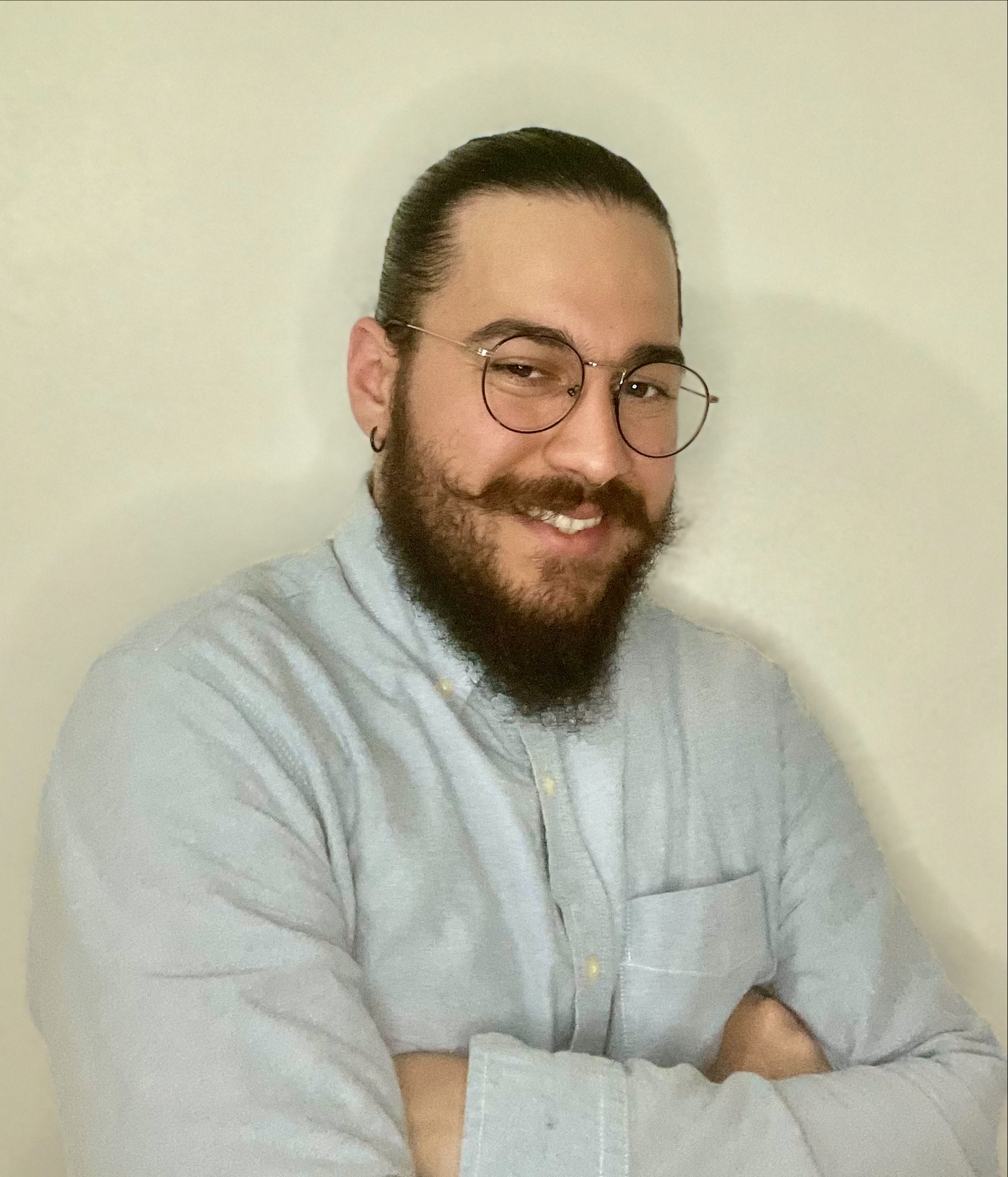
Michael Santiago-Marrero holds a bachelor's degree in General Science with a concentration in Biology and is currently pursuing a master's degree in Epidemiology. He serves as a field coordinator for the CAMPO study, where he has developed expertise in community engagement, data collection, and project management. His research interests focus on working with the HIV population and understanding the barriers and facilitators they experience.

Biologist graduated at the University of São Paulo, Brazil, involved in studies of the natural history of Human Papillomavirus, HPV carcinogenesis and prophylactic vaccines against HPV. For 28 years she was a senior investigator at the Virology group of the São Paulo Branch of the Ludwig Institute for Cancer Research. Presently, she heads the Innovation in Cancer laboratory of the Cancer Institute of the State of São Paulo, at the School of Medicine, University of São Paulo. She published over 350 peer-reviewed articles and supervised over 40 Master, Ph.D. thesis and Pos-doctoral fellows. She is a member of the Brazilian Academy of Sciences and of the World Academy of Sciences (TWAS).